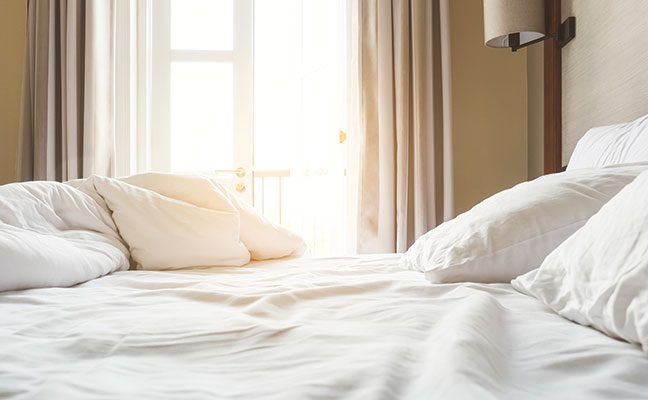In the hospitality industry, maintaining a pristine environment is paramount, and one of the significant challenges faced by hoteliers is pest control. Implementing the best practices for hotel pest monitoring is crucial not just for the health and safety of guests but also for protecting the establishment's reputation. In this guide, we will explore essential strategies that ensure hotels remain pest-free.

Understanding the Importance of Pest Monitoring
Before delving into the best practices for hotel pest monitoring, it's vital to understand why pest monitoring is essential. Hotels are bustling environments with numerous entry points and activities that can attract pests. From food service areas to guest rooms, the risks are manifold. Effective pest monitoring helps in early detection, reducing infestations and potential damage.
Hotels must prioritize pest monitoring because it directly impacts guest satisfaction and safety. An unhappy guest due to a pest sighting can lead to negative reviews and a tarnished reputation. Therefore, incorporating robust pest monitoring techniques is a critical step in hotel management.
Implementing Advanced Pest Monitoring Technologies
Technological advancements have revolutionized many industries, and pest control is no exception. Utilizing technology in pest monitoring can significantly enhance a hotels ability to detect and manage pest issues efficiently. For instance, hotels can use smart traps and sensors that provide real-time data on pest activity. This data-driven approach allows for the timely identification of potential infestations.
More information on how hotels use technology for pest monitoring can provide further insights into the benefits of integrating tech-based solutions in pest management.
Regular Inspections and Maintenance
A fundamental aspect of the best practices for hotel pest monitoring is conducting regular inspections. Trained staff should routinely check common pest hotspots such as kitchens, storage areas, and waste disposal zones. Regular maintenance, including sealing cracks and repairing leaks, can prevent pests from finding entry points into the hotel.
Consistency in inspections ensures that any signs of pest activity are caught early, allowing for swift action. Hotels should also consider professional pest control services to conduct thorough inspections and implement preventive measures.
Training and Involvement of Hotel Staff
Hotel staff play a crucial role in pest monitoring. Training them to recognize signs of pest activity and report issues promptly is essential. Staff should be well-versed in identifying common pests and understanding the protocols for addressing pest sightings.
Encouraging a culture of vigilance among employees can greatly enhance pest monitoring efforts. Regular workshops and training sessions can keep staff informed about the latest pest monitoring techniques and trends in pest control.
Collaboration with Professional Pest Control Services
While internal efforts are critical, collaborating with professional pest control services is equally important. These experts offer specialized knowledge and can tailor pest control programs to suit the specific needs of a hotel. Regular consultations with pest control professionals can help in devising effective strategies for long-term pest management.
Understanding the pros and cons of various pest control technologies can guide hoteliers in choosing the right solutions. For a detailed analysis, consider exploring resources like this article on pest control technology.
Maintaining Cleanliness and Hygiene Standards
Maintaining high standards of cleanliness and hygiene is a proactive measure in preventing pest infestations. Hotels should have stringent protocols for waste management, cleaning schedules, and food storage. Ensuring that all areas, especially kitchens and storage rooms, are clean and well-organized minimizes the likelihood of attracting pests.
Regular audits of cleanliness practices and adherence to hygiene standards should be a part of the hotel's routine operations. This not only aids in pest control but also enhances the overall guest experience.

FAQs
What are the common pests found in hotels?
Common pests in hotels include bed bugs, cockroaches, rodents, and ants. Each poses unique challenges and requires specific monitoring and control strategies.
How can hotels prevent pest infestations?
Hotels can prevent infestations by maintaining cleanliness, conducting regular inspections, sealing entry points, and collaborating with professional pest control services.
What role does technology play in pest monitoring?
Technology enhances pest monitoring by providing real-time data through smart traps and sensors. This allows for immediate response and more effective pest management strategies.
For further reading on pest management strategies, you can visit Ecolabs pest control solutions.

